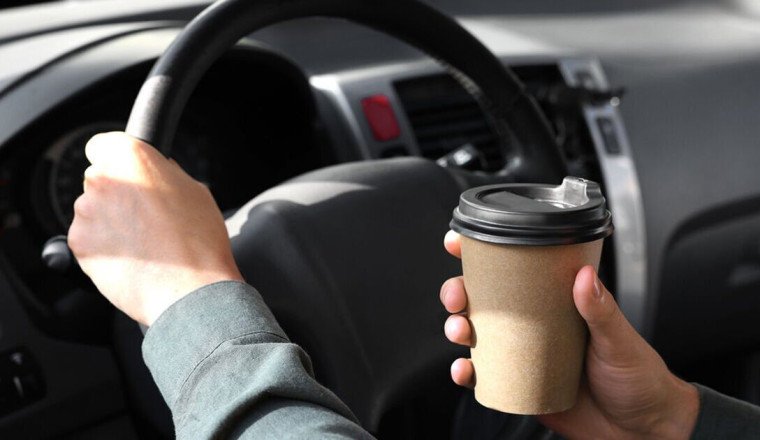
UK drivers spent an average of £48 on petrol the last time they filled up their tank compared with the £2.70 it could cost them to fully charge an electric vehicle overnight, according to the latest research.
However, the nation is still in the dark about EV charging costs, with only 4% of drivers knowing they could charge an EV at home for less than the price of a latte.
The £2.70 figure comes from the cost of charging your car with the E.ON Next Drive EV tariff during off-peak hours, from midnight to 7 am.
The energy firm has partnered with Manchester University economist Dr Sofia Sanchez to highlight the savings drivers could be making on fuel costs by ditching their petrol cars.

Dr Sanchez’ analysis found high-mileage drivers, such as a salesperson covering 20,000 miles annually, could save more than £8,350 in running costs over three years. Meanwhile, in the same amount of time, parents who use their car mostly for school drop-offs, supermarket runs, and short commutes could save £2,510. A professional commuting regularly to work could also see massive potential savings of up to £3,797 over three years travelling 30,000 miles.
Her research found that even lower-mileage drivers, such as university students travelling 5,000 miles, could save more than £1,600 across three years, while a retired person driving 6,500 miles in rural areas could be saving over £3,500.
Jean Coleman, Director of Commercial at E.ON Next, says: “As more people in the UK look at ways to lower their energy bills and reduce impact on the environment by switching from fuel to electric, there are now means to achieve both.”
With Britain in a cost of living crisis more and more drivers are struggling with the price of a tank of petrol. The research found that three quarters (77%) reporting worry about rising fuel costs.

Meanwhile, over half (52%) drive less than they used to due to the cost of petrol, and half (50%) have missed out on a special event or family outing because they couldn't afford to fill up their car.
To get the message across about the potential savings, E.ON Next has even opened the first of its kind grocery store in Central London. The EVerything £2.70 store only stocks items worth £2.70, the same price drivers could be paying to fully charge their EV overnight at home with the E.ON Next Drive tariff.
The pricing structure means it stocks odd items like four fifths of a shop bought coffee, one and a half loaves of bread, just under half a pack of toilet rolls and three quarters of a box of cereal.
Coleman adds: “There are common misconceptions when it comes to the costs associated with running electric vehicles, which is why we wanted to highlight the potential savings through our EVerything £2.70 experience.
“We want to help people get the best value as part of the UK’s transition to clean energy and empower our customers with innovative tariffs like E.ON Next Drive.”








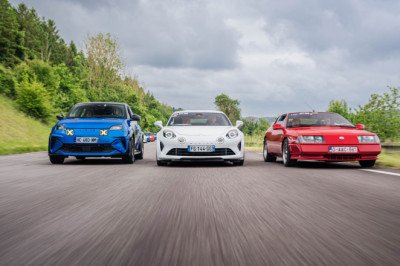

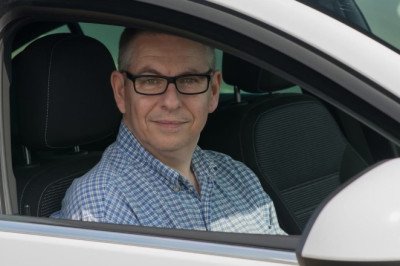
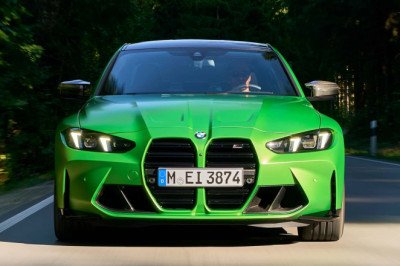
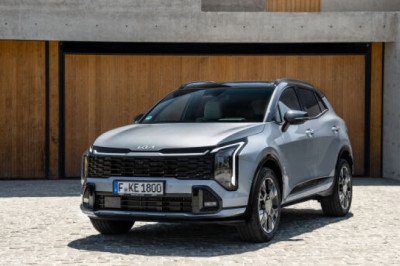

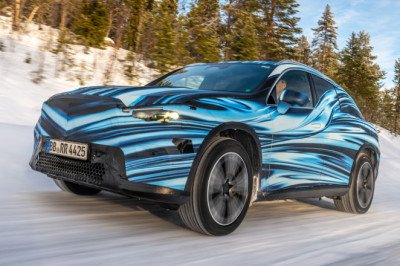
Facebook Conversations